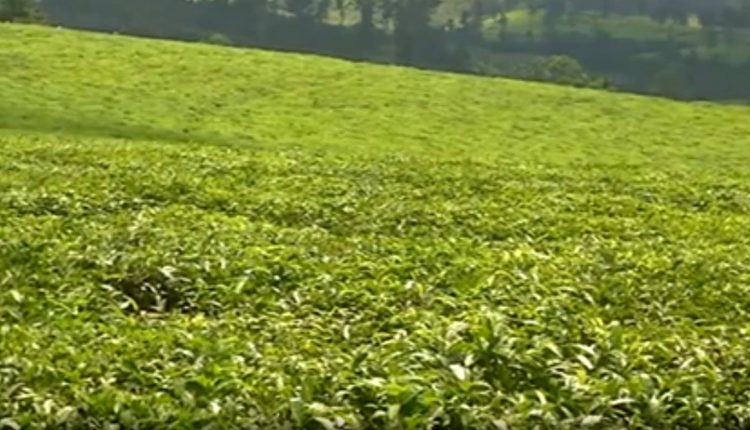Ethiopia aims to boost tea industry through enhanced investor engagement
Addis Ababa, July 1, 2024 (FBC) – The Ethiopian Coffee and Tea Authority has called on investors to participate in the burgeoning tea sector.
The initiative to expand tea leaf production in Ethiopia, which began three years ago under Prime Minister Abiy Ahmed’s leadership, has shown promising results.
Inspired by Kenya’s success as Africa’s leading tea producer, Ethiopia has been diligently applying lessons learned from Prime Minister Abiy’s visit to expand its own tea production capabilities.
Director General of the Authority, Adugna Debela, revealed that an impressive 460 million seedlings have been cultivated to bolster production, as reported by ENA.
The current fiscal year has seen the establishment of expansive tea plantations spanning 30,000 hectares, a significant leap from the previous concentration of tea production in just 5,000 hectares across Wushwush and Gumero.
Despite exporting 950 tons of premium processed tea leaves and generating 2.1 million USD in foreign currency within the first 11 months of this fiscal year—a substantial 50,000-ton increase from the previous year—Adugna emphasized that Ethiopia has only scratched the surface of its potential in the tea industry.
The limited involvement of investors in the sector has constrained Ethiopia’s ability to capitalize on its abundant resources and generate substantial foreign exchange, he said, adding annual earnings from tea exports have yet to surpass the 3 million USD mark, highlighting the vast untapped potential of the industry.
Ethiopia’s diverse topography and favorable climate present ideal conditions for tea cultivation, with the crop thriving even in acidic and sloping terrains. This versatility offers an excellent opportunity for farmers to diversify and expand their production.
Recognizing that smallholder farmers alone cannot drive the necessary expansion, Adugna has extended a call to investors to venture into the tea sector. The government is sweetening the deal with a range of incentives for industry participants.
Tea plantations offer a sustainable long-term investment, with a productive lifespan of 30 to 40 years and bi-weekly leaf harvests providing a steady income stream.
The sector also promises significant job creation potential, prompting Adugna to encourage other regions to prioritize tea production in their agricultural strategies.
Currently, the United Kingdom absorbs 99 percent of Ethiopia’s tea exports, indicating room for market diversification and growth.
As Ethiopia positions itself to become a formidable player in the global tea market, the collaboration between government, farmers, and investors will be crucial in unlocking the full potential of this promising industry.


